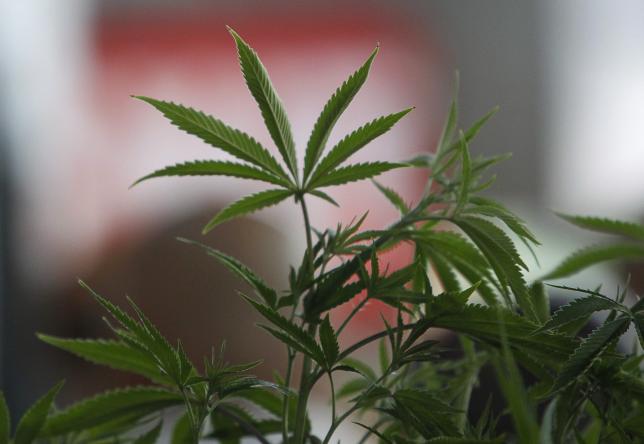Chile takes step toward cannabis decriminalization

SANTIAGO - Chile took a step forward in decriminalizing the use of cannabis on Tuesday after the lower house of Congress approved by a wide margin a bill that seeks to change the law in the South American country.
Although socially conservative Chile is not following Uruguay's lead on full legalization, it is considering decriminalizing it for personal use and cultivation.
To loud cheers from the public gallery, the lower house voted 68 votes in favor versus 39 against to push forward with the reform in general terms.
As it stands, the bill would allow the possession of up to 10 grams (0.35 ounce) of cannabis and the growing of up to six plants.
But it still has some way to go to become law. A health committee will study the bill before the lower house votes again on each of the specific elements. It then passes to the Senate.
Nonetheless, the vote was important, Communist lawmaker Karol Cariola, who is part of President Michelle Bachelet's leftist coalition, told reporters.
"It is a historic day for medicinal users who wish to stop being persecuted and be able to access a medicine that they can grow in their gardens," she said.
Santiago, Chile's capital, was the site of Latin America's first medical marijuana farm earlier this year. The country watched the experimental project with interest.
Surveys indicate that cannabis consumption is higher in Chile than in the rest of the region, while support among Chileans for drug legalization is increasing.
Since the repressive 1973-1990 dictatorship of Augusto Pinochet, Chile has been considered one of Latin America's most conservative countries.
With social attitudes changing, however, left-wing governments have taken baby steps in recent years toward a more liberal path, recently legalizing gay and lesbian civil unions, for instance.
The changes have not been without controversy. A current bill aimed at reforming Chile's abortion law, one of the strictest in the world, has faced fierce opposition from both the Catholic Church and politicians, including from within Bachelet's own coalition. - REUTERS







